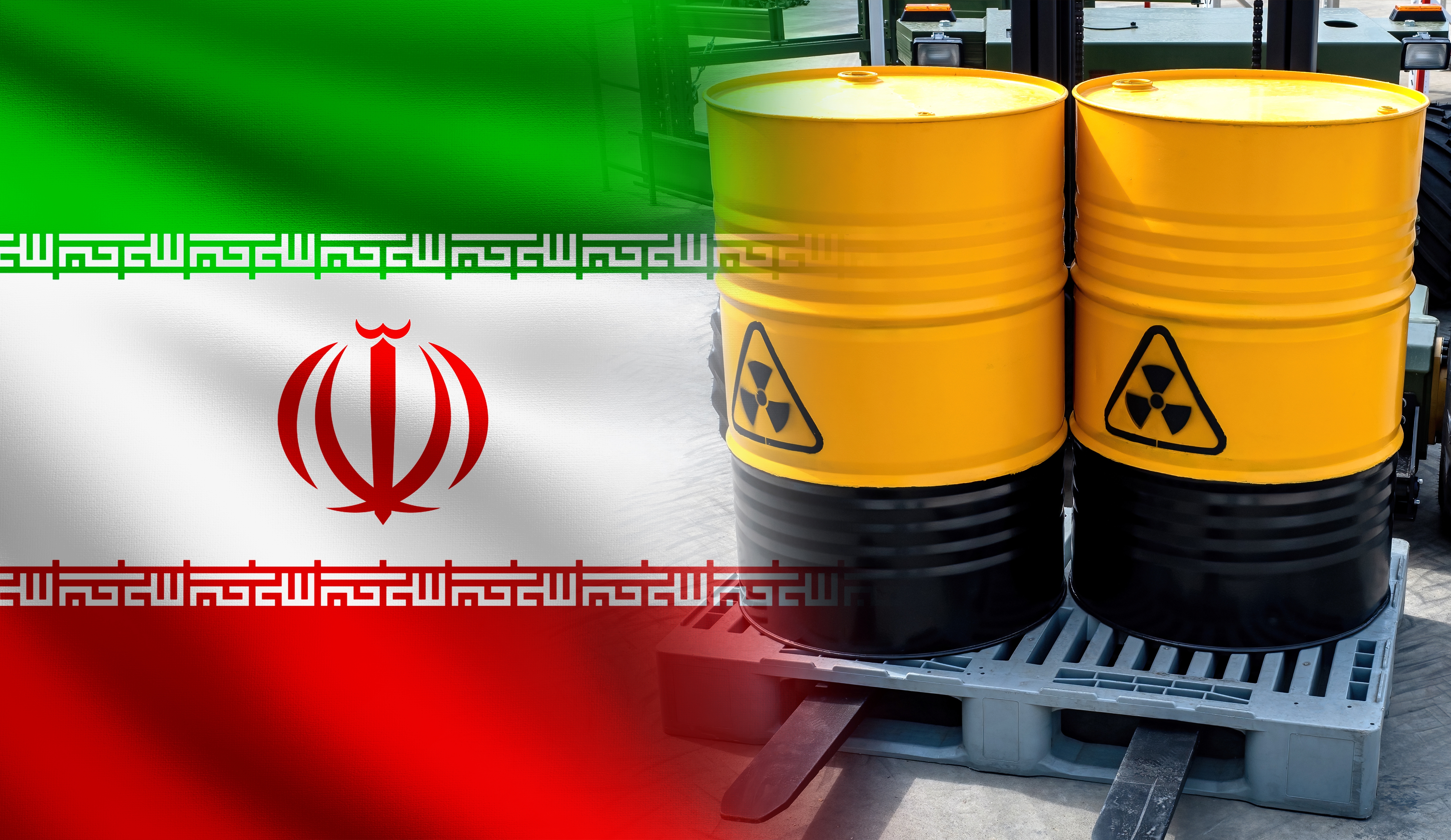After the Fire Falls: Israel’s Most Dangerous Decisions Are Still Ahead
As Iran escalates its attacks and Israel weighs striking Tehran’s oil infrastructure, military and political leaders face a fateful decision: pursue symbolic retaliation or stay focused on crippling Iran’s nuclear and missile programs without igniting a global energy crisis.

Israel endured another grueling night, with citizens bearing the brunt of the war’s toll. The IDF’s impressive neutralization of some Iranian missile batteries and stockpiles has kept casualties lower than initial cabinet estimates. Yet, these attacks have shattered Israelis’ sense of personal security, with unprecedented images of destruction within the country.
If this campaign achieves a historic breakthrough, as early strikes suggested, most Israelis may deem the cost worthwhile. The government and defense establishment face a critical test: balancing the human, economic, and societal price against the war’s core objective, disrupting Iran’s nuclear and ballistic missile programs, per a recent Ynet article.
In the past 24 hours, Iran has escalated, targeting civilian sites and other assets in ways not seen in its initial attacks. Israel’s threats to hit Iran’s energy infrastructure in retaliation are understandable but risky. Contrary to bold claims, Tehran is not “burning,” and energy strikes so far have been largely symbolic. Israel’s global legitimacy hinges on avoiding indiscriminate attacks on civilian areas, unlike Iran’s recent actions.
A decisive strike on Iran’s oil infrastructure could backfire. Such a move risks triggering Iranian retaliation against Gulf energy assets, sparking a chain reaction that spikes global oil prices and undermines Israel’s position.
While the West, particularly the U.S., has given Israel operational freedom, soaring inflation and gas station queues could shift that support. A severe oil strike might also rally parts of Iran’s public around the regime, as nuclear issues command an 80% national consensus, per defense assessments. Past analyses suggest Israeli strikes could unify Iranians rather than topple the regime, a revolution remains a distant hope, not a strategy.
The real question is whether Israel can achieve its war aims, crippling Iran’s nuclear facilities and ballistic missiles, without escalating to energy targets. The IDF must clarify to the political echelon how close it is to these goals and what remains feasible. U.S. involvement, particularly against sites like Fordow, is uncertain; sources indicate Trump is currently opposed, though his stance could shift rapidly.
Hoping for regime collapse is futile. Defense assessments find no plan to dismantle Iran’s government, and a bombing campaign alone won’t spark a revolution. The Islamic Republic is resilient in crisis, and expecting a public uprising is wishful thinking. Israel’s focus must remain laser-sharp on nuclear and missile targets, not symbolic oil strikes that could derail its strategic edge.
The war’s endgame is unlikely to be a grand Tehran press conference with apologies or recognition of Israel. Instead, backchannel talks for a mutual ceasefire are the most plausible outcome. If Iran has been sufficiently weakened, it may crawl to negotiations in months. Until then, the IDF and Air Force must assure the cabinet they’ve maximized damage to Iran’s nuclear and missile capabilities.
Given the government’s populist leanings, the defense establishment must act quickly to prevent Iran from regrouping for a war of attrition, which would prolong the suffering of Israelis through more devastating nights.